[Time to read: 6 minutes]
Having a certified organic vineyard may be more work, but its benefits include reduced chemical exposure, better soil health, preservation of biodiversity, carbon sequestration and improved grape quality.
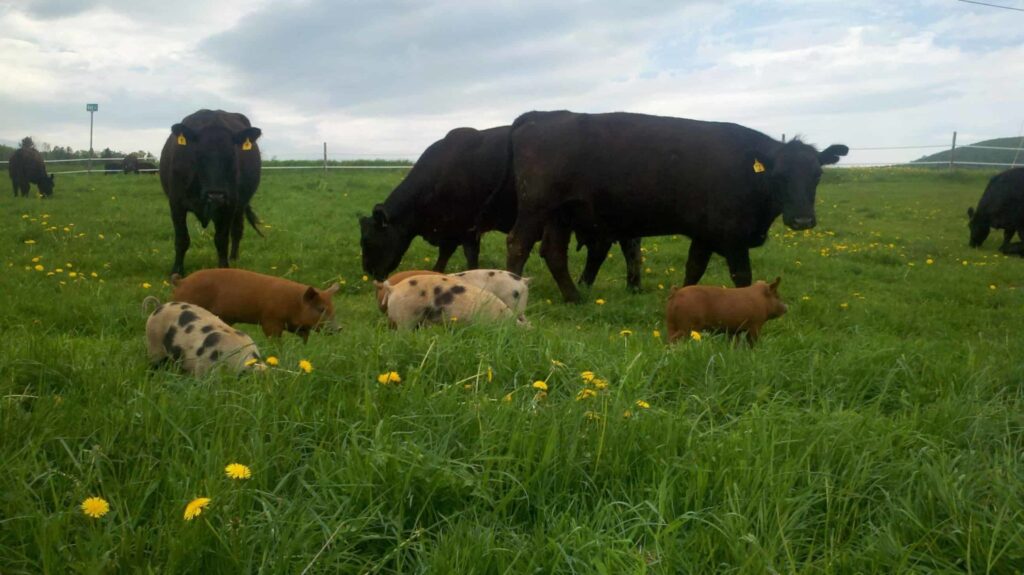
I grew up in Iowa in the 60s and 70s when hybrid seed was just getting a foothold in the farming community. There were still a lot of family farms surrounding my small town of Pella, and crop rotation was still utilized, with alfalfa, soy beans, and corn found on each farm, along with a few pigs, cows, chickens, and usually a vegetable garden.
Pheasants and other wildlife were abundant in the nearby woods and wetlands. In the fall, the pigs and cows would be let out into the fields to feed upon the various missed ears of corn or soy, fertilizing the fields as they made their way.
Today when I drive along the highway toward my old hometown, I see that most of those family farms have been replaced by corporate operations, with almost all of them farming huge tracts of corn.
The cows and pigs have disappeared and are in large hog or feedlot operations. Many of the farmhouses are abandoned and the old silos in disrepair. Herbicide use is widespread, with GMO seeds utilized that are herbicide resistant. I haven’t seen a pheasant in years.
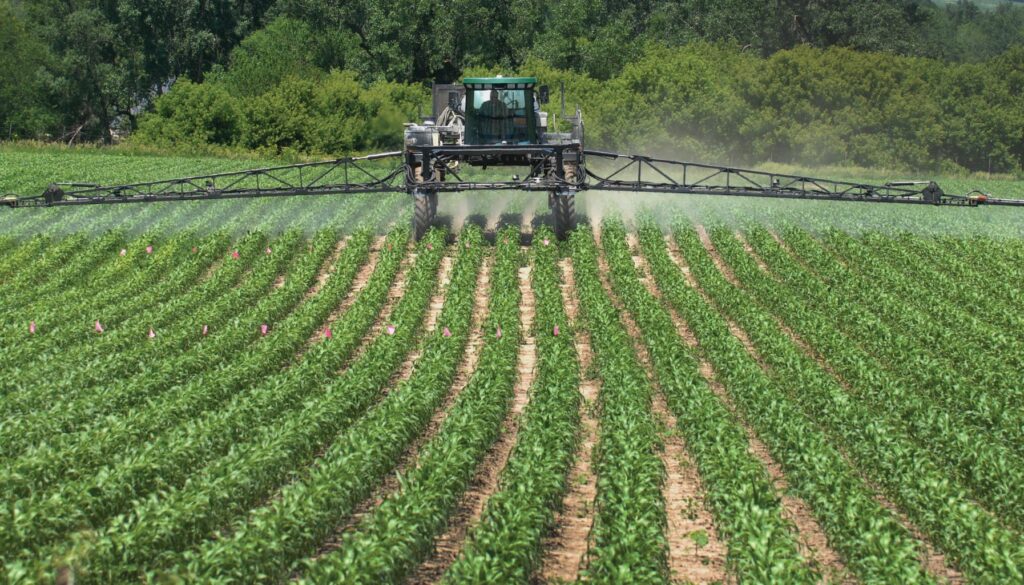
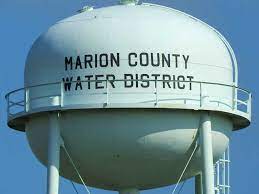
My husband is a lawyer who practiced in Iowa for many years, and he represented towns who were building pipelines of water to farmers whose wells had gone bad from nitrate pollution – too much fertilizer on the ground had seeped into their wells making the water undrinkable.
I studied about these issues when I received my masters in environmental management from Harvard University Extension School in 2005. It made me sad to learn more about the poisoning of the farm belt.
When I moved to California and planted a vineyard in 2016, I vowed never to use chemicals or pesticides on my land. I wanted to grow grapes that contained no artificial chemicals of any kind.
Some folks may be comfortable with trace quantities of glyphosate (Roundup) in their wine. I’m just not. I have enough pesticides in my system left over from growing up in Iowa. It’s time to avoid them now. You all have your own stories and your own choices to make. I’m writing my story here so you can make your own informed choice.
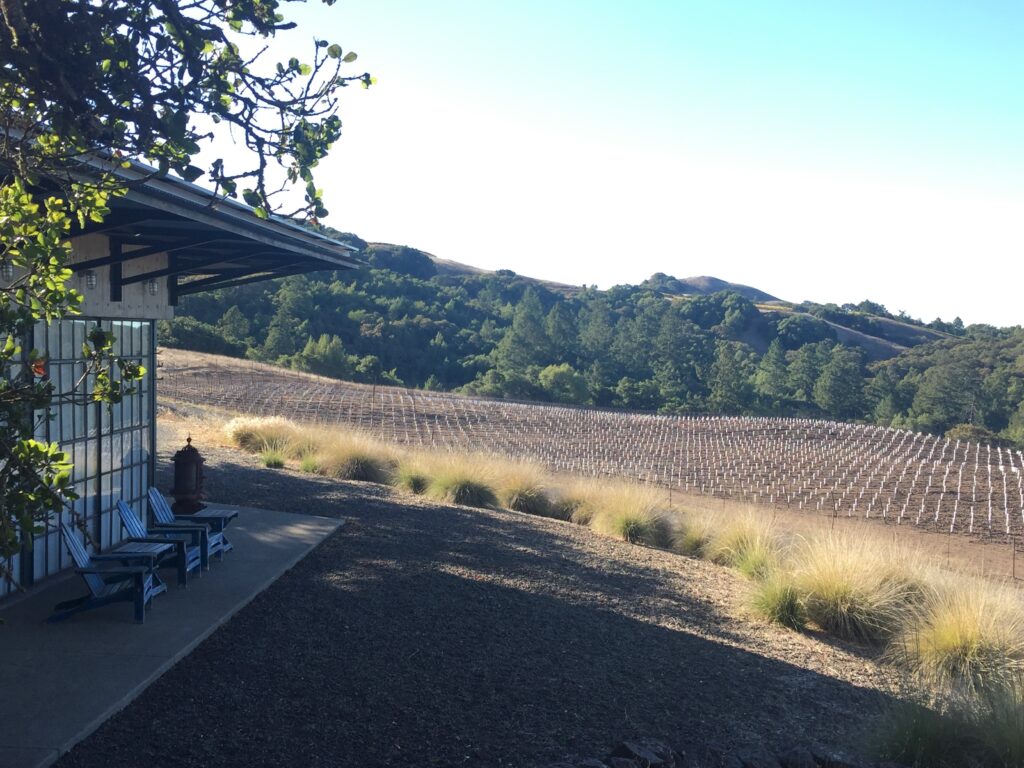
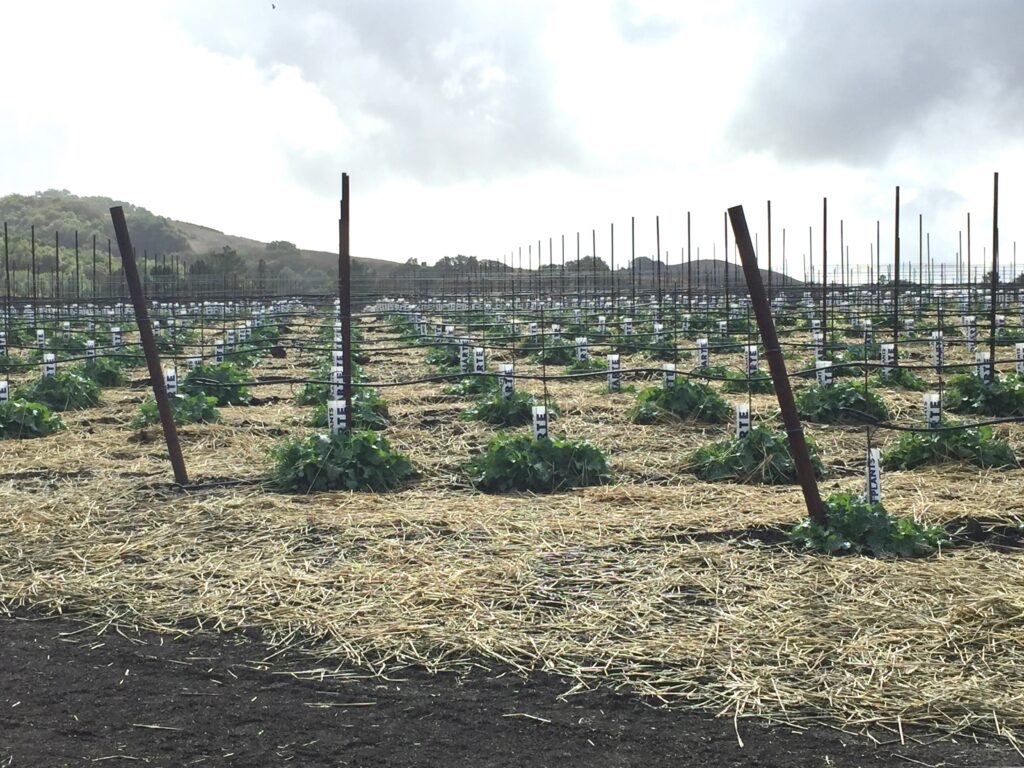
The land I chose for my vineyard was a rocky field of hay and thistle. When we dug up the soil and planted the vines, all those thistle seeds had fun sprouting, especially around the newly planted (and irrigated) vines. We dug them out by hand. In between the vines we kept them at bay with weed whacking. We planted cover crops in the fall of beans, peas, mustard, and clover to enrich the soil and crowd out the weeds.
I eventually found a recipe for biodynamic fermented weed tea to control those weeds (more about that in another post!). Now my vineyard has very few noxious weeds, and no traces of glyphosate.
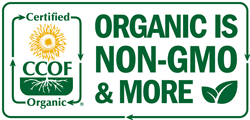
I chose to certify my vineyard as organic to ensure to my customers that we don’t use any harmful chemicals on the vines or the soil. Every product we use must be approved by the USDA as organic, and we need to get prior approval from CCOF (California Certified Organic Farmers) to use the product.
I’m continually updating my materials list to make sure that each product is approved. It may sound like a lot of work, but if you are moderately organized, it’s really not that much trouble.
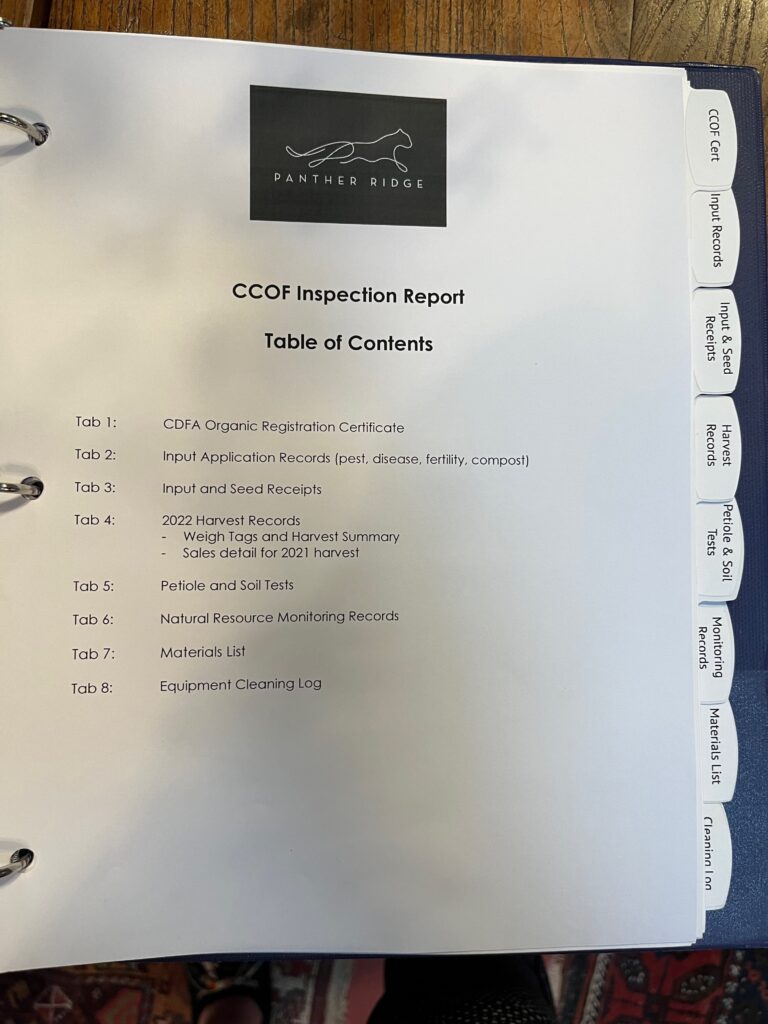
I put together a notebook for my inspector every year, and I have never had trouble passing an inspection. I usually learn something from the interview. The inspectors are knowledgeable and want to help. They are not there to bust you. Plus, there are government subsidies to help cover the cost of inspection.
Overall, it’s worth it for me. I have the satisfaction of fulfilling my promise to all of you, and the assurance that there are no chemicals in my grapes or in my wine. Just pure yumminess.
What’s the Difference Between Certified Organic and Certified Sustainable in California?
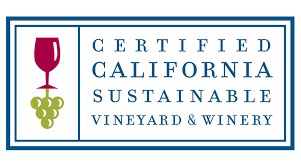
There are over 2500 vineyards that are Certified California Sustainable in California. It is a positive development for the wine industry and encourages planning and monitoring of many important aspects of farming and winemaking, including energy, waste management and fair treatment of employees. They have a red list and yellow list of chemicals that are prohibited or restricted, but one of the chemicals they do not prohibit is glyphosate, or Roundup. This is a major difference between being certified organic and being certified sustainable in California.

The use of glyphosate is widespread in the vineyard industry, and to encourage more vineyards to become certified, the CCS allowed for the use of glyphosate. This is something I am personally against, and so I decided to go the route of being certified organic rather than certified sustainable.
I also am careful of energy use and have found a management company that treats their employees fairly. I have not pursued the sustainable certification and have no current plans to do so. I do support wineries that are certified sustainable, and I also encourage them not to spray herbicides like glyphosate, especially if it is only to make their vineyards look neat and tidy.
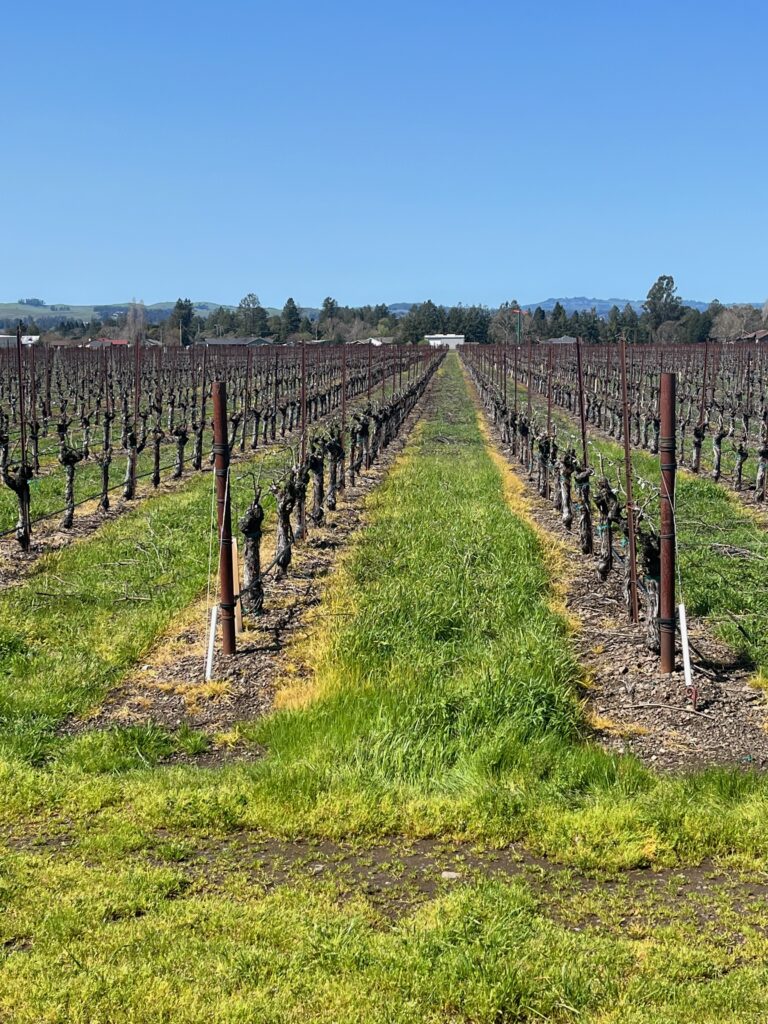
I can understand it is tempting to spray glyphosate in a new vineyard when vines are more vulnerable to weeds. But it is disappointing to see the obvious use of herbicides in well-established vineyards. This one had a sign saying they were Certified Sustainable in CA. There is no real need for bare ground under the vines other than aesthetics in this vineyard. Why spray poison on the ground?
It is admirable for vineyards to go through the process of being certified sustainable in California, and it does encourage keeping track of chemicals, energy use, treatment of workers and other positive aspects of sustainable farming. But being certified organic goes one more step toward protecting the soils and the vines from harmful chemicals and herbicides. It is better both for the workers in the vineyards and for those of us drinking the wines made from the grapes in those vineyards.
Want to know more about the use of glyphosate in vineyards in Sonoma and Napa Counties? See Esther Mobley’s article in the San Francisco Chronical from Sept 2022.